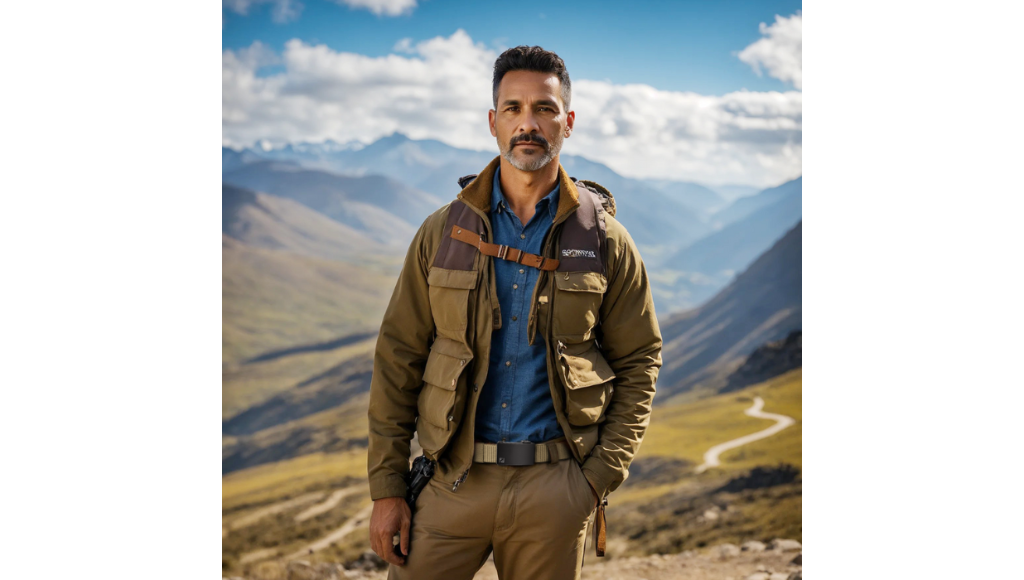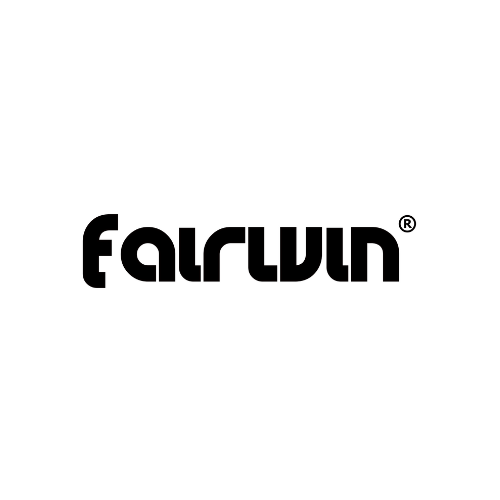
Autumn Hiking Gear Guide — What to Pack and Why the Right Belt Matters
Share
Autumn is prime hiking season: cool air, great views, and fewer crowds. The right gear keeps you comfortable and safe — and yes, your belt plays a bigger role than you might think. Below are the essentials for fall hikes, plus how our Fairwin belts fit into real-world trail use.
Footwear & Layers (Don’t Skip These)
-
Hiking boots: Waterproof, grippy soles and good ankle support are musts for wet leaves and muddy trails.
-
Layers: Moisture-wicking base, insulating mid layer, and a packable waterproof shell cover most conditions.
Pack, Navigation & Safety
-
Daypack (15–30L) with hip belt for load distribution.
-
Headlamp, map/compass, first-aid kit, and extra batteries.
-
Trekking poles help on slippery descents.
EDC & Tools
-
Multi-tool, fire starter, repair kit, and high-energy snacks.
-
Insulated water bottle — cold mornings can make water chill fast.
Why Your Belt Matters on the Trail
A belt isn’t just decorative — it stabilizes your pants, anchors gear, and can be a mounting point for pouches or a holster. On a hike, a poor belt can sag or twist, making you fidget and losing comfort. Two belt types work best for fall hiking:
1. Lightweight, stretch/adjustable belt for casual day hikes
-
Ideal when you want comfort and a low-profile setup. A breathable, flexible belt moves with you and is easy to layer under a jacket.
-
Recommendation: Fairwin Casual Golf Belt with Automatic Adjustable Buckle — lightweight, easy micro-adjusts via the ratchet-style buckle, and comfortable for full days on the trail without adding bulk.
2. Heavy-duty EDC / tactical belt for loaded or rugged hikes
-
If you carry a holster, extra mags, or multiple pouches, you need a belt that won’t roll or sag under weight. Reinforced webbing and a rigid core keep everything stable.
-
Recommendation: Fairwin 1.5" Rigid EDC 2-Ply Nylon Ratchet Military Belt — purpose-built as an EDC belt and tactical belt, with the strength to support gear and the ratchet belt buckle for precise, no-slip adjustment. It also functions well as a ratchet gun belt when you need secure carry.
What to Look for in a Hiking Belt
-
Stability: A stiff inner core or dual-layer design prevents sagging when loaded.
-
Secure buckle: A reliable ratchet belt buckle or heavy-duty locking clasp keeps your fit consistent on long climbs.
-
Comfort: Look for breathable materials and smooth edges to avoid chafing.
-
Compatibility: If you use holsters or pouches, make sure the belt width and attachment points match.
Quick Packing Checklist for Autumn Day Hikes
-
Waterproof hiking boots + spare socks
-
Base layer, mid layer, waterproof shell
-
Daypack (15–30L) with first-aid kit
-
Headlamp, map/compass, phone + power bank
-
Multi-tool, snacks, insulated water bottle
-
Fairwin Casual Golf Belt for light loads OR Fairwin 1.5" Rigid EDC Belt for heavy/rigged setups
Final Tip
Match your belt to the hike. For casual, scenic walks pick a lightweight, adjustable belt for comfort. For rugged, gear-heavy outings, choose a reinforced EDC or tactical belt that keeps everything locked in place. With the right belt — like the Fairwin Casual Golf Belt for comfort or the 1.5" Rigid EDC 2-Ply Nylon Ratchet Military Belt for heavy-duty carry — you’ll spend less time fussing and more time enjoying the trail.
Happy hiking — and stay safe out there!

